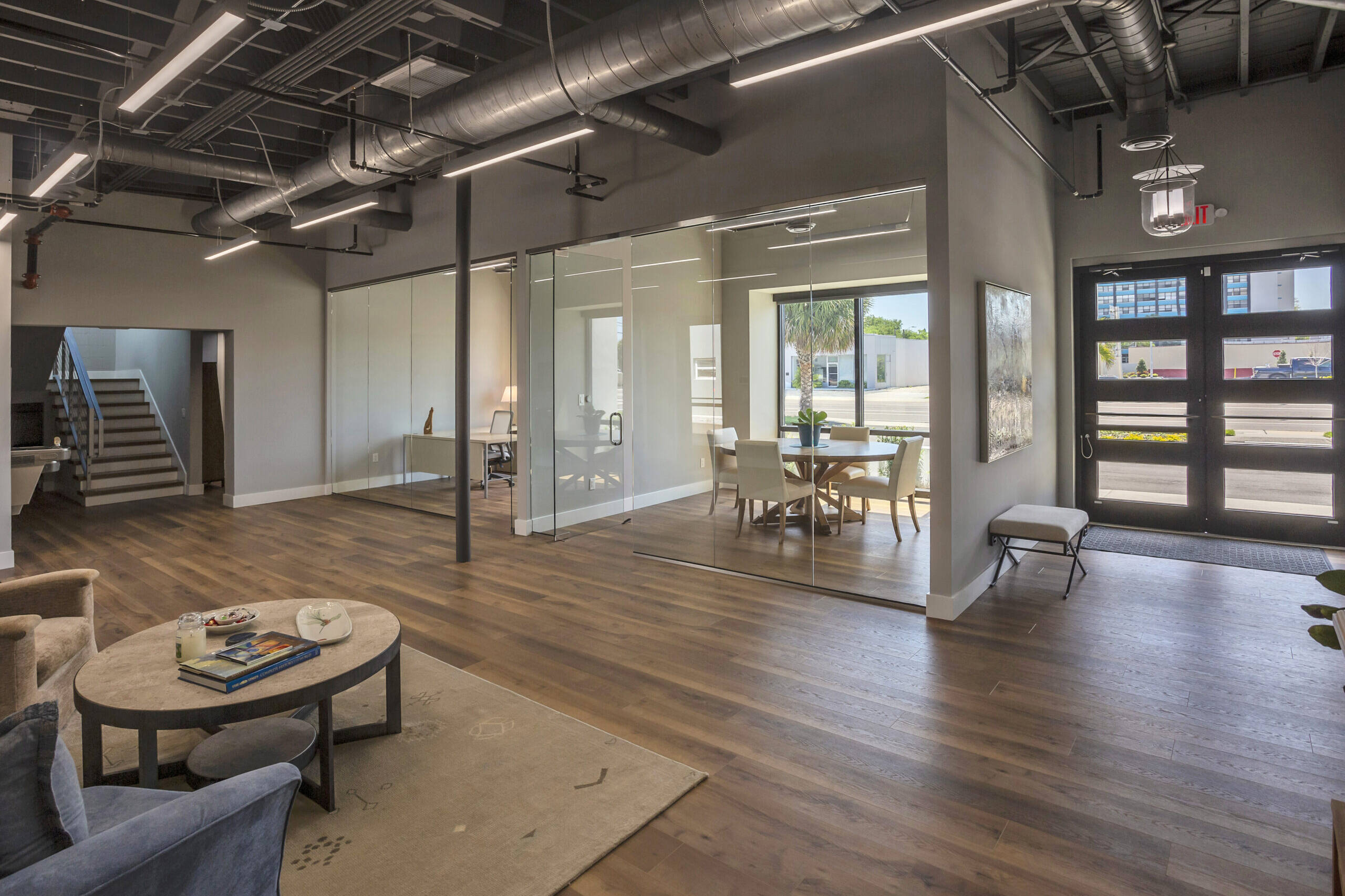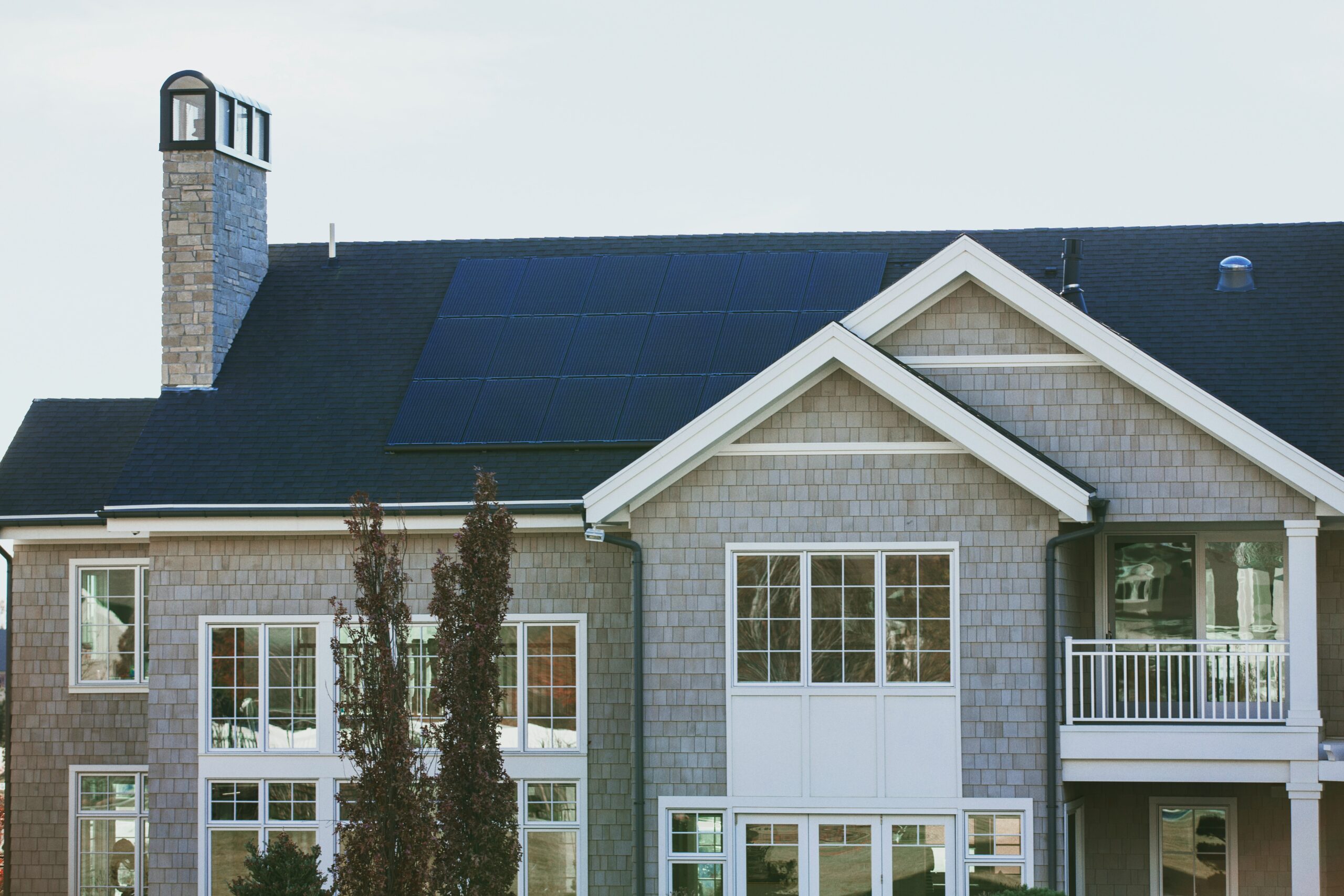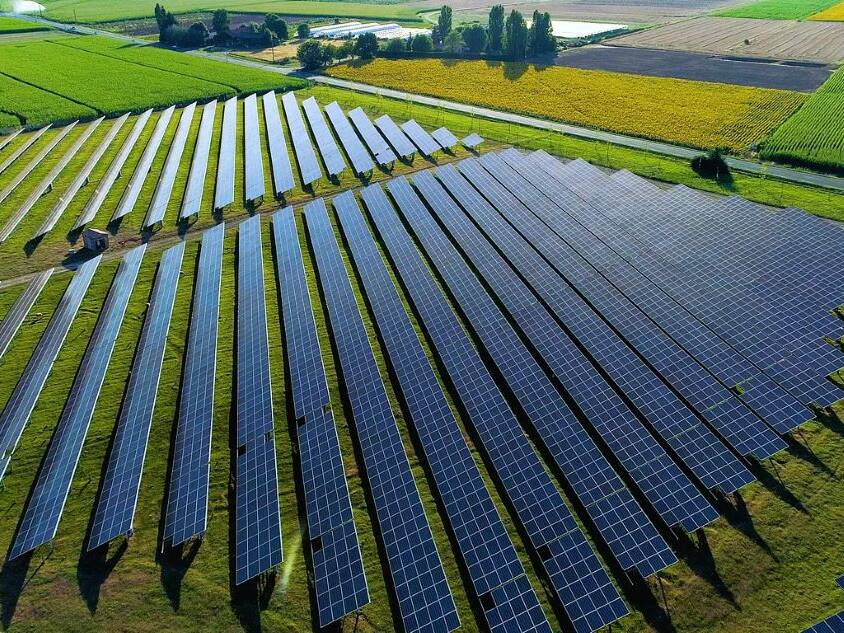Article Voiceover
Sustainable landscaping practices are vital for commercial buildings to create a beautiful environment while promoting sustainability. By adopting these practices, building owners can reduce water consumption, minimize maintenance costs, and prevent negative impacts on the ecosystem.
Choosing native plants adapted to the local climate reduces the need for water and maintenance. Using permeable paving materials helps minimize erosion and reduce runoff—composting yard waste and using it as natural fertilizer improves soil health while reducing waste sent to landfills.
Water-efficient technologies such as drip irrigation, smart controllers, and rain sensors can also be used to design sustainable irrigation systems. Green roofs and walls improve insulation, help absorb pollutants, promote biodiversity, and reduce the urban heat island effect.
By incorporating these sustainable landscaping practices, building owners can create a more sustainable environment, reduce costs, and enhance the aesthetic of their properties.
Greg Totten
CGC 1529916 · LEED AP BD+C
O: (727)-386-9480
Share
Related Posts
February 21, 2024
Shaping the Future with Retrofitting Innovations
Chapter 6: Shaping the Future with Retrofitting Innovations
February 11, 2024
Navigating the Challenges of Retrofitting: From Planning to Execution
Chapter 5: Navigating the Challenges of Retrofitting: From Planning to…




